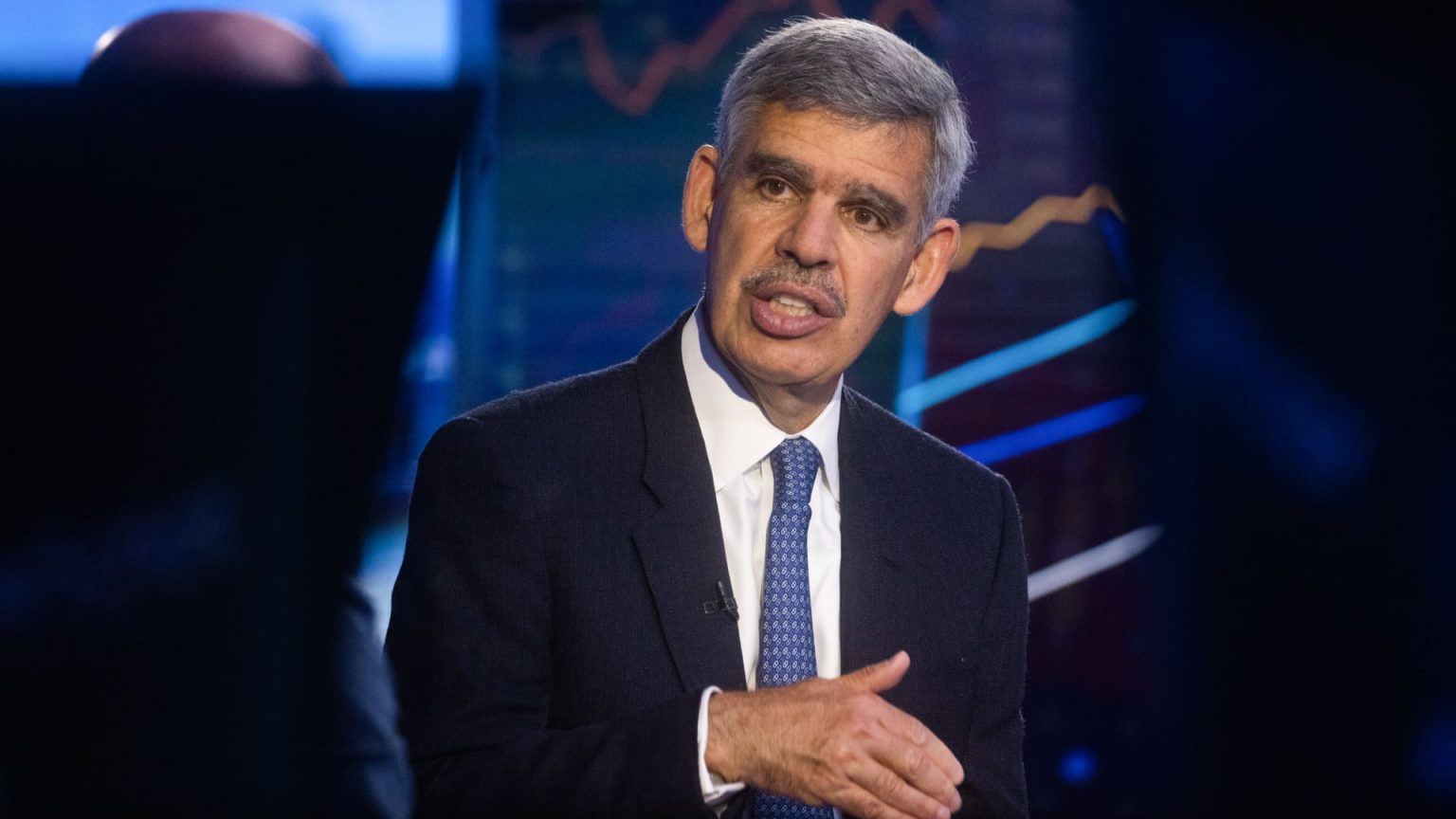Mohamed El-Erian, chief economic adviser at Allianz, believes that the U.S. Federal Reserve has become too reliant on data and has lost sight of its overall strategy. He suggests that a longer-term, more strategic approach could see policymakers settling on a new inflation target closer to 3%. El-Erian believes that the Fed should provide a strategic anchor and act as a stabilizer, rather than reacting to data on a minute-by-minute basis. He warns that the Fed may end up being too tight in its monetary policy decisions if it continues down this path.
El-Erian’s comments come in the midst of a debate among Fed policymakers regarding the possibility of rate cuts. Fed Chair Jerome Powell recently stated that the central bank would need further evidence to assess the current state of inflation, casting doubt on expectations for an interest rate cut in June. Minneapolis Fed President Neel Kashkari also expressed hesitance about cutting rates if inflation remained stubbornly high. El-Erian believes that these reactions to data show the Fed’s tendency to overreact and suggests that policymakers should take a more holistic view of the economy.
Despite concerns about the Fed’s current data-driven approach, El-Erian acknowledges that policymakers may be considering a new normal inflation target. He suggests that rather than explicitly changing the inflation target, the Fed could aim to reach 2% inflation gradually in the future. El-Erian speculates that the economy may be more stable with a higher inflation target closer to 3%, without risking de-anchoring inflation expectations. The current trajectory of interest rate hikes by the Fed has brought the target range to 5.25%-5.5%, the highest level in more than 22 years.
El-Erian’s criticism of the Fed’s data dependence reflects a larger debate within the central bank regarding the appropriate monetary policy in the face of changing economic conditions. Some policymakers are advocating for a more cautious approach to rate cuts, citing the need for further evidence on inflation before making decisions. El-Erian warns against knee-jerk reactions to economic data and calls for a more strategic and forward-looking approach by the Fed. He believes that a shift towards a higher inflation target could potentially provide greater stability for the economy in the long term.
In response to El-Erian’s comments, the U.S. Federal Reserve did not immediately provide a comment to CNBC. The economist’s perspective highlights the importance of maintaining a strategic outlook in monetary policy decisions, rather than being overly reactive to short-term data fluctuations. El-Erian’s suggestion of a gradual increase in the inflation target to around 3% underscores his belief in the potential benefits of a more strategic and proactive approach by the Fed. As the debate on rate cuts and inflation targets continues within the central bank, El-Erian’s insights offer a valuable perspective on the ongoing challenges and opportunities facing U.S. monetary policy.


